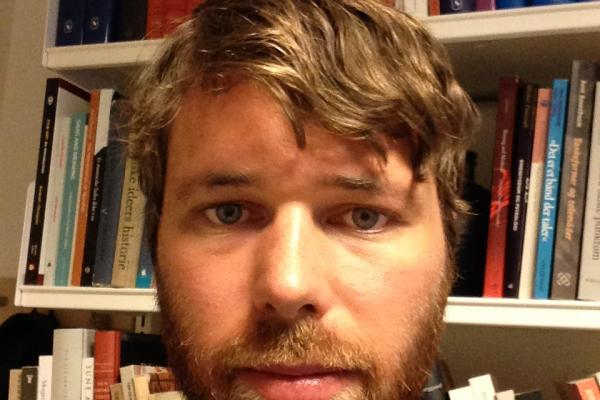
In her graphic memoir Are You My Mother? Alison Bechdel writes: “I am not ultimately interested in writing fiction. I can’t make things up, or rather, I can only make things up about things that have already happened.” In this talk, I argue that it is productive to think of this inventive rendition of an autobiographical past in terms of a rhetoric of fictionality. It has been argued that a key feature of graphic memoir is an intermingling of fact and fiction. Rather than stressing the blurred lines between fact and fiction, the most important aim for authors of graphic memoirs is to write nonfiction, but the affordances of this specific genre give them several advantages that are either not made available in prose autobiographies or only made available to a limited degree. Some of these affordances derive from the foregrounded and highly stylized subjectivity that permeates graphic memoirs, and some derive from the strategic use of fictionality. Thus, a discussion of the boundaries between concepts such as fictionality, subjectivity, and narrativity is essential to this approach to graphic memoir.
The use of fictionality raises ethical issues. In the second part of this talk, I suggest three ethically triggered meta-strategies: 1.) exhausting critique by flaunting unethical behavior, 2.) the use of paratextual transactions, and 3.) the tendency to theorize the genre of graphic memoir within graphic memoirs.
Lasse Gammelgaard is a postdoc at the Centre for Fictionality Studies at Aarhus University in Denmark. His dissertation is titled The Story in the Poem: Lyrical and Narrative Lines of Poetry (tr. from Danish). He has given papers at five of the previous six ISSN-conferences. He has published articles in Scandinavian and international journals on narrative poetry, graphic memoir and on authors like John Keats, Samuel Beckett, and Alison Bechdel.
